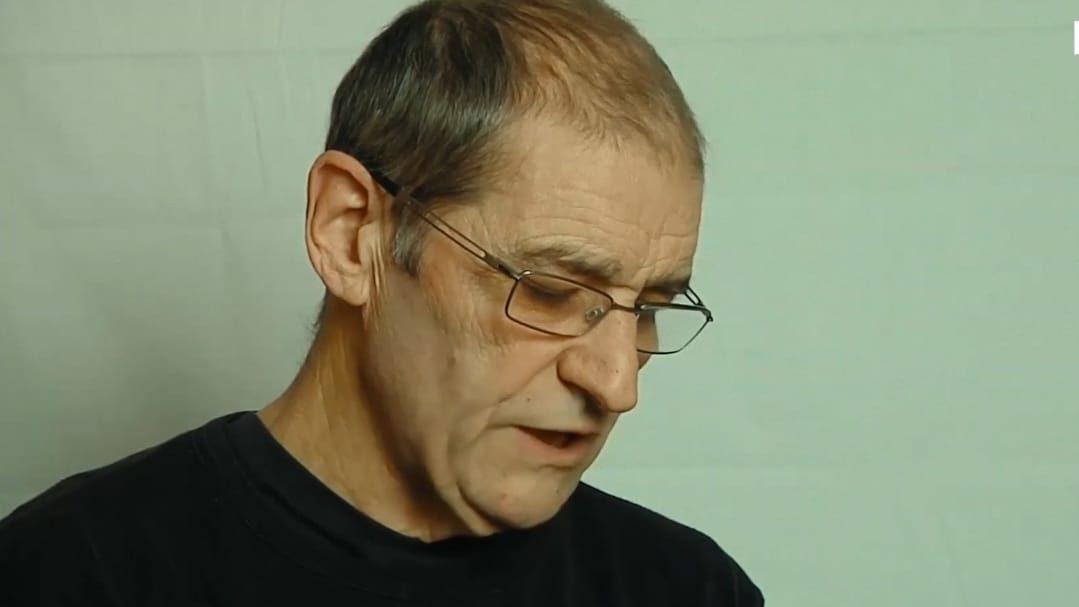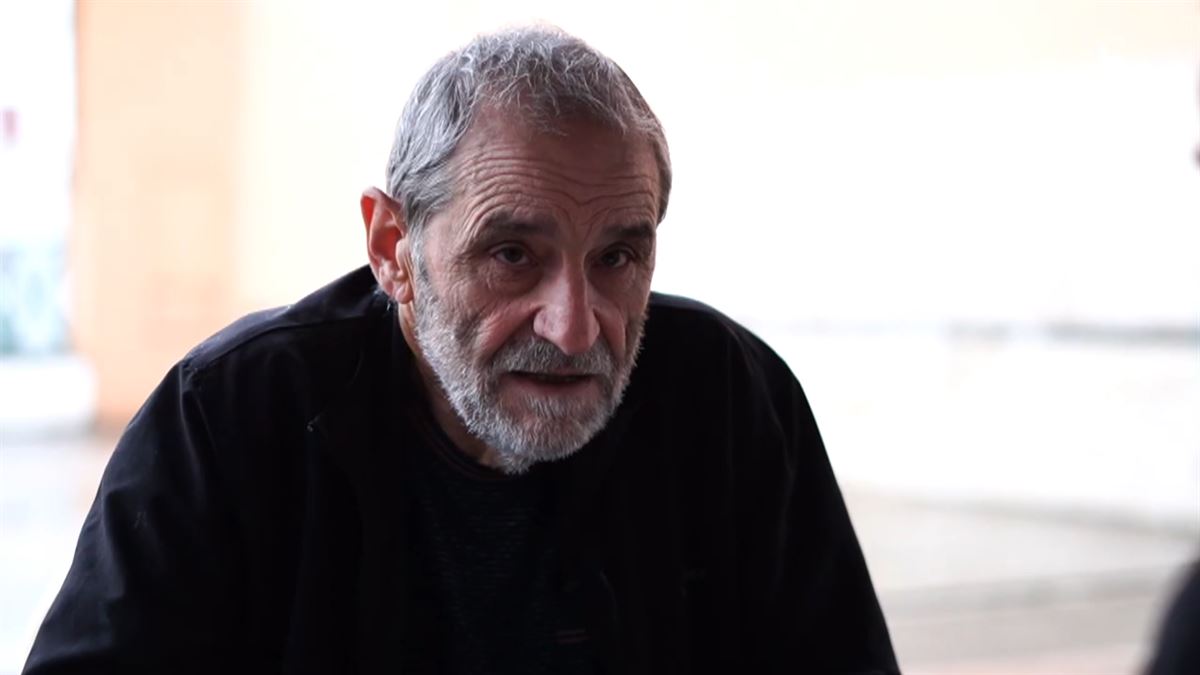Josu Urrutikoetxea AKA Josu Ternera: Where is the ETA Terrorist Now?
Throughout modern human civilization, various terrorist groups have emerged, often rooted in complex political, social, and historical contexts. One such group is the Basque separatist organization ETA (Euskadi Ta Askatasuna), which originated in the late 1950s and aimed to establish an independent Basque state, employing violence and terrorism to achieve its objectives. Netflix’s documentary, ‘Face…
Throughout modern human civilization, various terrorist groups have emerged, often rooted in complex political, social, and historical contexts. One such group is the Basque separatist organization ETA (Euskadi Ta Askatasuna), which originated in the late 1950s and aimed to establish an independent Basque state, employing violence and terrorism to achieve its objectives. Netflix’s documentary, ‘Face to Face with ETA: Conversations with a Terrorist,’ features an interview between Spanish journalist Jordi Evole and the group’s last known leader, Josu Antonio Urrutikoetxea. The interview confronts Urrutikoetxea with the years of violence unleashed by ETA, raises questions about the organization’s actions, and probes Urrutikoetxea’s justifications for the violence perpetrated by ETA.
Josu Urrutikoetxea Became a Key Member of ETA
In the documentary, Josu Urrutikoetxea discloses that he became involved with ETA at the age of 17 in 1968. Born on September 24, 1950, in Amorebieta, Spain, he reflects on the socio-political climate of the time, emphasizing that the environment around him was steeped in ETA associations. According to Josu, when a friend invited him to join the organization, he didn’t hesitate to become a part of it. Notably, he reveals that his military training within ETA was minimal, consisting only of learning to operate a gun. Josu clarifies that his role was primarily within the cultural group, and unlike other members, he did not receive a gun directly from ETA; instead, he had to acquire one independently from a local dealer for self-defense.

Over the ensuing years, Josu Urrutikoetxea ascended within the ETA’s hierarchy, and during the documentary interview, he acknowledged for the first time that he was involved in the assassination of Mayor Victor Legorburu. Josu further revealed his participation in various attacks such as the assassination of Spanish Prime Minister Luis Carrero Blanco on December 20, 1973, in Madrid. He admitted that he had acted as he should have as a member of the ETA and he felt sorry for the loss of innocent and civilian lives but it is not something he thinks was a mistake. In 1987, the ETA attacked the civil barracks of the police in Zaragoza, which resulted in the death of 11, among which more than half were children. Josu said that he was not a part of the group that had launched the attack and it was wrongly executed.
In 1989, Josu Urrutikoetxea was arrested in France for his involvement in the 1987 attack on police officers. During the investigation, it was revealed that he held the position of the leader of the international wing of the ETA. Following his arrest, he was imprisoned in France but later extradited to Spain. Surprisingly, in Spain, he was released, as the authorities deemed the previous findings about his involvement and funding of the ETA to be unfounded. However, justice caught up with him in 1990 when he faced trial in France, resulting in a guilty verdict and a 10-year sentence. Subsequently, in 1993, he received an additional 12-year sentence for his leadership role in the international wing of the ETA. Finally, in 1996, Josu Urrutikoetxea was handed over to Spanish authorities, where he faced detention and was found guilty of the 1986 Plaza República Dominicana bombing. Among fellow captured ETA members, Josu was recognized as their leader.
Josu Urrutikoetxea is Awaiting Extradition Today

Josu initially sought the parliamentary seat from Biscay and successfully assumed the role of deputy in the Basque parliament in June 2001. However, in 2002 he became a fugitive and marked the conclusion of his political reign. He started engaging in negotiations with Spanish authorities from the safety of Norway, where he was granted refuge as long as he actively pursued talks aimed at the dissolution of the ETA. In 2011, the ETA announced that it was bringing an end to all of its violent actions, and in 2018, Josu publicly announced the organization’s decision to permanently dissolve all its structures, disarm, and cease its political initiatives.
In 2019, concluding 17 years of evading authorities, Josu was apprehended in France. Currently residing on parole in southern France, he awaits extradition to Spain. The aforementioned interview was recorded in 2021 and Josu refrained from acknowledging a leadership role within the ETA, maintaining that he reported to higher authorities and specifically managed the international wing. He expressed remorse for the people who had suffered through the actions of the ETA and that he was sorry for what they had gone through. At the same time, he adamantly argued that the ETA was not like any other terrorist organization that operates in today’s world, and whatever actions they undertook were for a cause and they lamented every loss of life that had occurred.